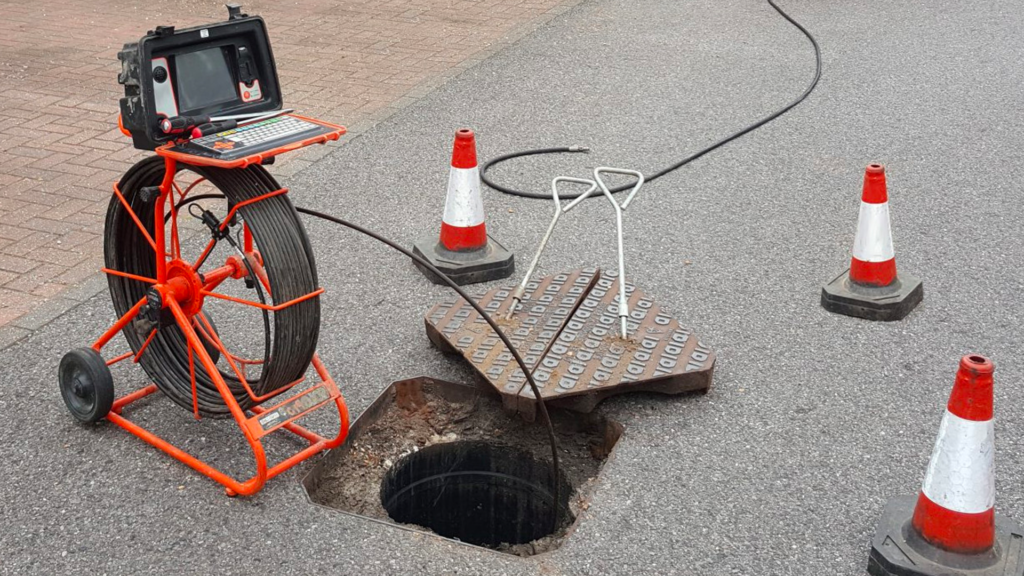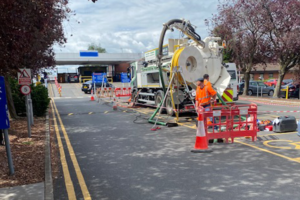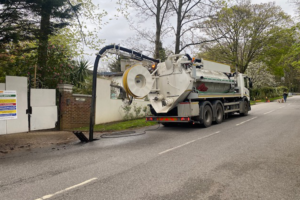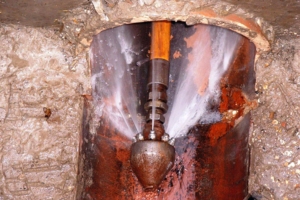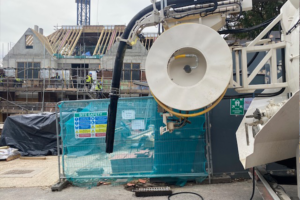Interceptors are oil, grease and water traps that are used to collect a particular substance. It’s important that an interceptor tank is emptied and cleaned frequently to avoid any blockages, which could resultantly not only present health, safety and environmental hazards, but also damage your business reputation.
The Environment Agency recommends that your interceptor tank should be emptied and cleaned at least every six months, however, should you notice any flooding, foul smell or bad drainage, it’s important that you get in touch with the team here at JVC Wet Waste immediately. We’ll take the time to ensure that your system is fully cleansed and left in full working order.
Here at JVC Wet Waste, we are able to efficiently and quickly clean your interceptors to ensure that they are working at optimal levels. Working 24 hours a day, 7 days a week, our interceptor specialists will ensure that you comply with the highest of standards and that all waste is correctly disposed of.
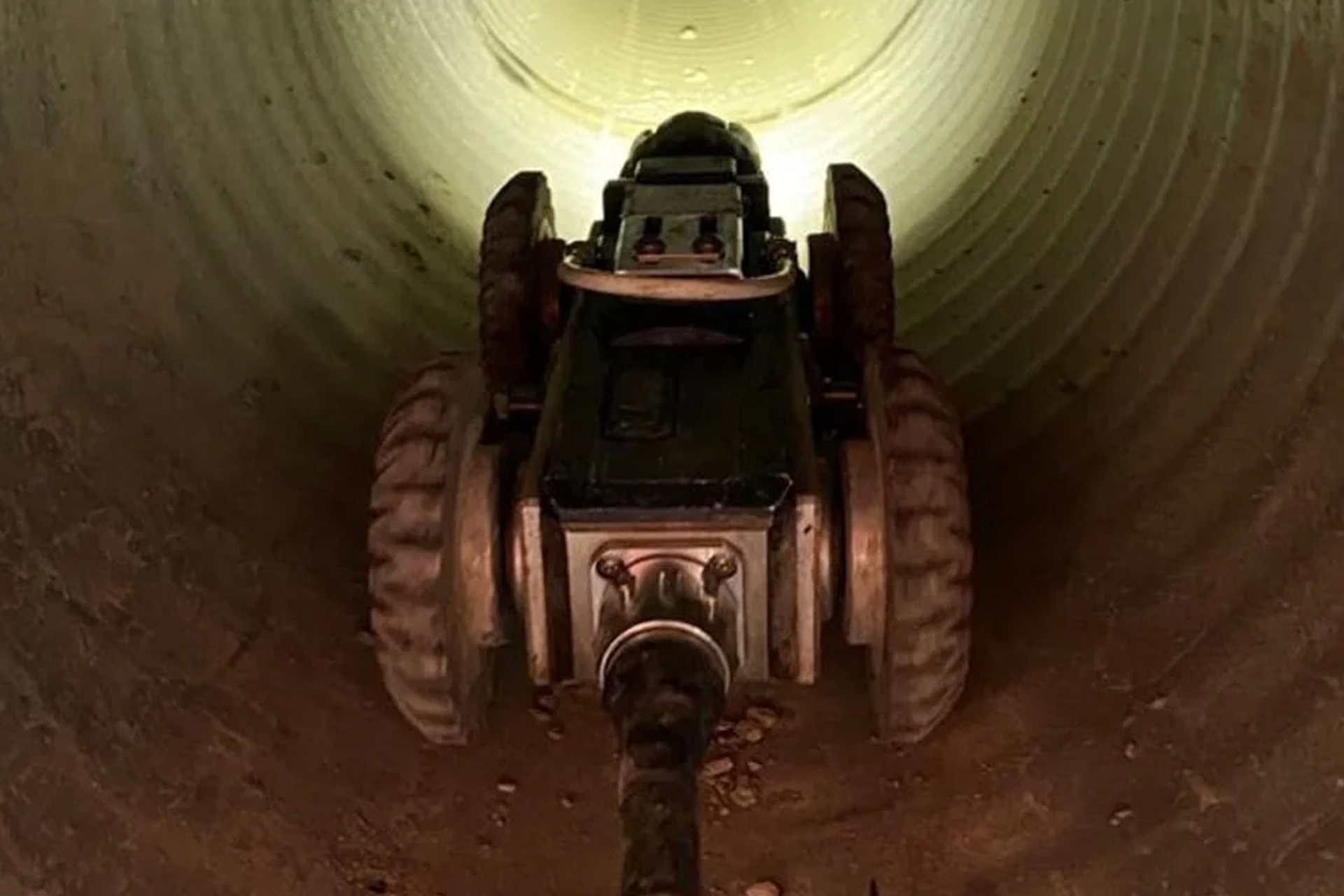


Importance Of Interceptor Cleaning
Inceptors are an industry-accepted method of controlling liquid waste and are important in preventing unauthorised waste from making its way into watercourses and land drains. Should interceptor cleaning and maintenance be neglected, the interceptor tank will not fulfil its purpose, potentially causing blockages and surging.
Should waste make its way into the watercourse or local authority drains, you could find yourself facing prosecution, leading to costly fines and cleanup costs.
Some oils can be incredibly corrosive and should an interceptor be left uncleaned and covered in a build-up of oil, it can prevent water from passing through easily, resulting in floods.
